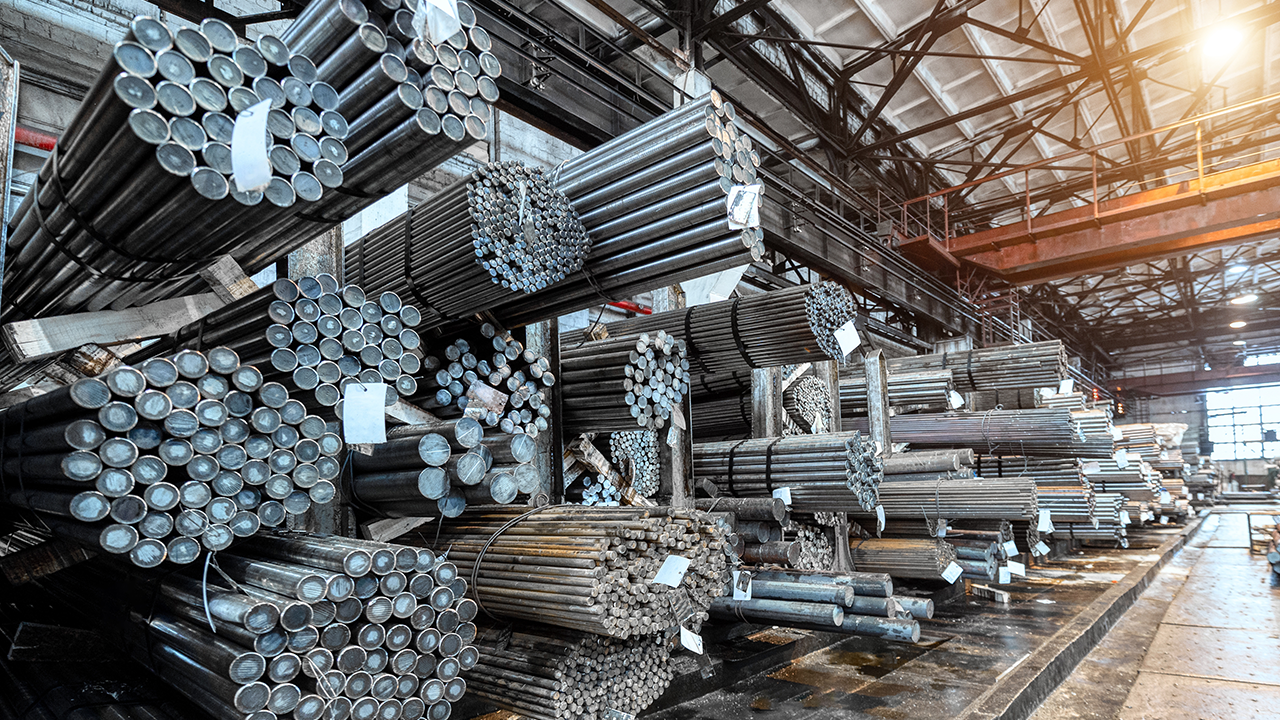NEWS | June 16, 2023
When the State Plans Resource Reserves, Maybe the Idea Isn't So Bad!

The energy transition is at risk of faltering, and some nations are discussing state stockpiling of critical resources. With government-held reserves, Europe could become less dependent on China and maintain production for several months even in the event of a complete supply halt.
The concept of state storage of critical metals in areas such as military and healthcare is outlined in the key points paper of the Federal Ministry of Economic Affairs and Climate Protection (BMWK). Precursors to this approach exist in countries like South Korea, Japan, and the United States, where resource storage is associated with specific state-affiliated institutions, such as the military (USA) or dedicated government agencies (Japan, South Korea).
For a nation, resource stockpiling offers a reliable option during times of crisis and scarcity. The idea is not new: In 1973, OECD countries stockpiled crude oil. So why wouldn’t storage work for investors? Resource investment is an excellent asset that safeguards funds from crises like inflation and depreciation.
Opponents of state resource storage raise two concerns: Firstly, they argue that it constitutes a significant intervention in the market and could lead to unexpected forms of price formation. Secondly, the state is not an expert in storage practices. Particularly, technology metals and rare earth elements require expertise and know-how for proper storage.
Investors who store through private companies are better off. Traders like Noble BC understand the industry’s needs regarding the required metal purities and packaging. Reputable providers also secure their customers’ investment assets through blockchain-enabled digital fund controls. They possess a precise market understanding and offer private buyers the metals most in demand at any given time. This enables private purchases to have the potential for attractive returns, including tax-free purchasing and tax-free profits.